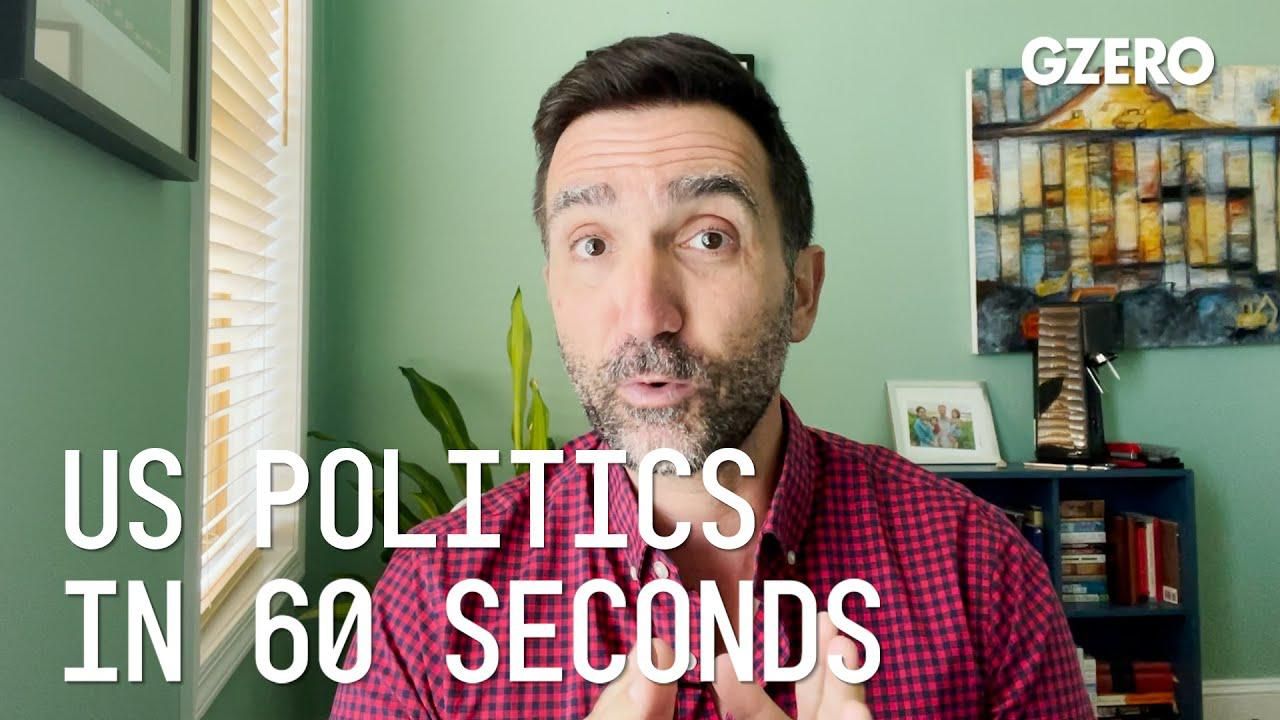
Get insights on the latest news in US politics from Jon Lieber, head of Eurasia Group's coverage of political and policy developments in Washington:
How will the Kabul airport attack influence the US evacuations?
Well, so far it looks like President Biden is on track to keep the August 31st deadline for evacuating, for finishing evacuations and leaving Afghanistan fully. However, there's still somewhere in the range of about a thousand American citizens, plus potentially tens of thousands of special immigrant visa holders who are Afghani citizens that helped the United States, that could potentially be left behind because of this expedited withdrawal schedule. This is a real risk for Biden.
On the one hand, if he decides to double down on getting every single American out, he's going to have to commit more troops to going back into Afghanistan. And that potentially exposes them to the risk of further attacks from ISIS or other hostile forces inside Afghanistan. If, on the other hand, he does, in fact, stick to this August 31st deadline, these Americans that are left behind could become potential years' worth of propaganda victories for terrorists acting inside Afghanistan, which over time would compound to be a major domestic weakness for President Biden.
So he's really left with a set of bad options here. And long-term risk to Biden is that the American people start to see what happened in Afghanistan and see incompetence across the federal government, which could be a real drag for him personally and also for Democrats in next year's midterm elections. It probably results in a rally 'round the flag effect whereby Democrats are eager, more eager, even more eager than they are today to push forward legislation such as the $3.5 trillion spending bill that they're trying to do. And it also probably makes Biden a little bit more risk averse, unwilling to deal with controversial social issues at the risk of alienating independents. But this is going to be a major story, even though the American people largely support the evacuation of Afghanistan and the ending of the war, images from Afghanistan and images of the Americans left behind could potentially haunt Biden for the rest of his presidency.
- ISIS-K wreaks havoc in Afghanistan - GZERO Media ›
- US global power remains strong, despite Afghanistan mistakes ... ›
- The Graphic Truth: Whose troops are still in Afghanistan? - GZERO ... ›
- Biden alone on Afghanistan? 5 key reasons - GZERO Media ›
- What to expect at the Biden-Bennett meeting at the White House ... ›